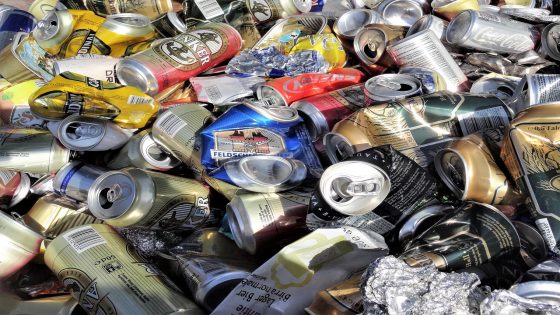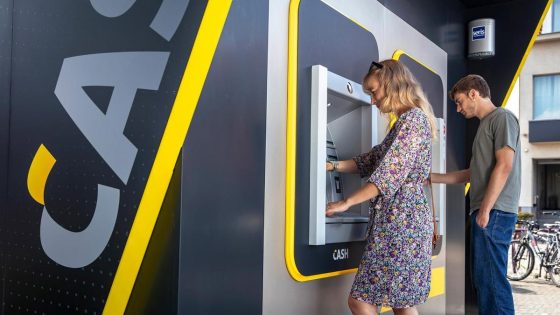Starting today, Europe is pushing Belgium to improve its bottle and can recycling efforts. By 2026, the goal is to collect at least 80% of all drink containers. This presents a significant challenge for Flanders, where discussions about a deposit return system have stalled for years. With litter accumulating and taxpayers footing the bill, will the government finally take action?
- Europe pressures Belgium on packaging recycling
- 80% collection target for bottles and cans
- Belgium excels in PET bottle recycling
- Cans lag behind with only 64% recycled
- Political divisions hinder deposit system progress
- Previous government promised action by 2025
Belgium’s Recycling Challenge: Can Deposit Systems Make a Difference?
The European Union has set ambitious recycling targets for Belgium. But how can the country achieve these goals? A deposit return system may hold the key to improving collection rates and reducing litter.
The Importance of Effective Recycling Programs in Europe
Recycling programs are crucial not just for environmental health but also for economic sustainability. In countries like the Netherlands, effective deposit systems have led to higher collection rates—82% for cans compared to only 64% in Belgium.
Understanding Deposit Return Systems: How They Work
A deposit return system encourages consumers to return their empty containers for a refund. This simple incentive can drastically increase recycling rates and decrease littering.
- Encourages responsible consumer behavior
- Lowers costs associated with waste management
- Improves overall recycling rates
- Reduces environmental impact from littering
The Political Landscape: Why Is Change So Slow?
The debate around implementing a deposit system in Flanders has been contentious. Some parties view it as an unnecessary burden while others question its feasibility. With years of studies yielding little action, what will it take for politicians to prioritize this issue?
The Path Forward: What Can Be Done?
If Belgium wants to meet EU targets by 2026, decisive action is needed now. Stakeholders must come together to develop practical solutions that benefit both the environment and citizens’ wallets.
































